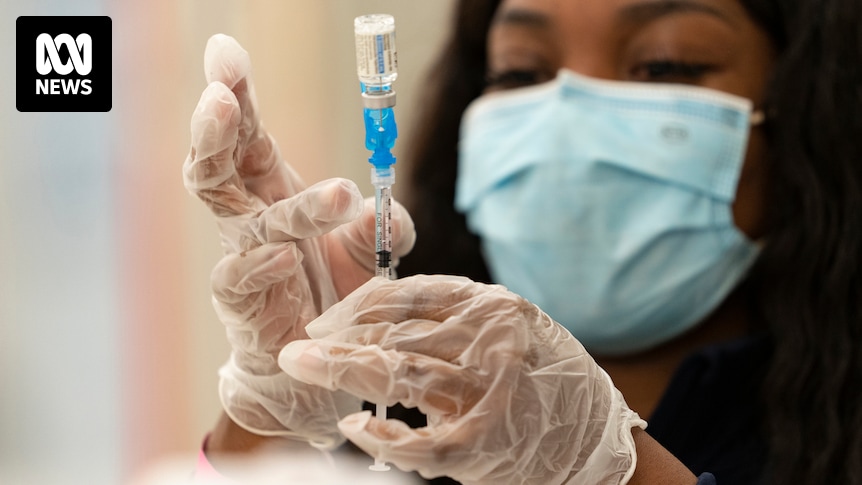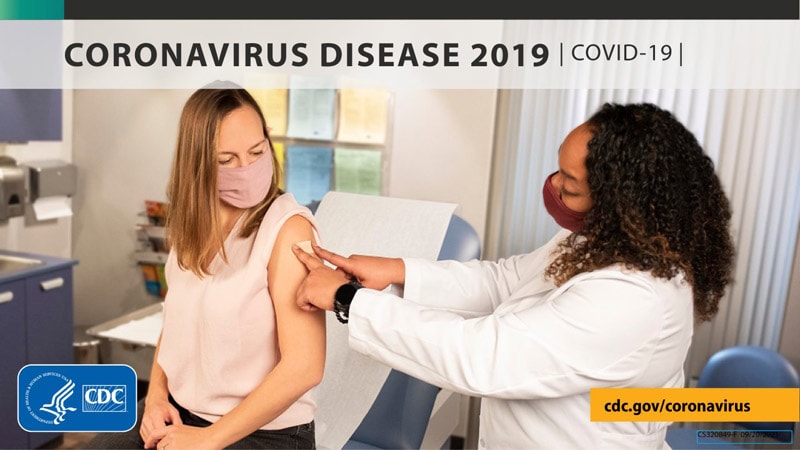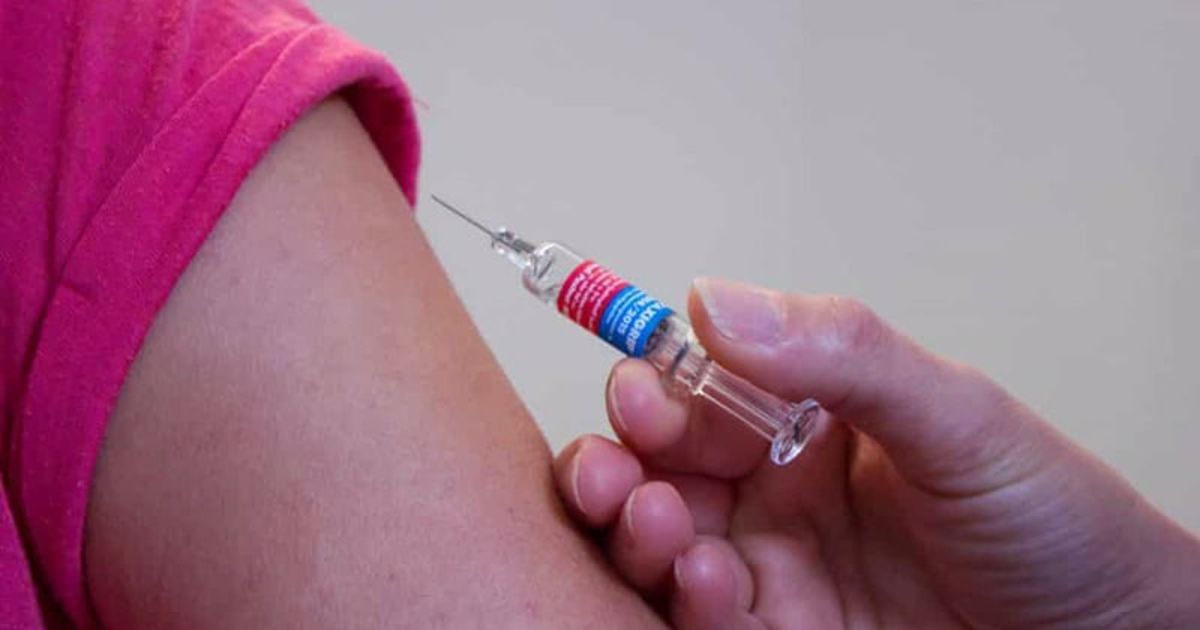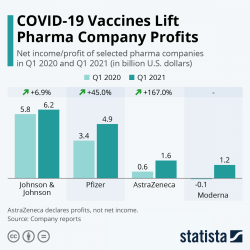OZDUCK
Established Member
- Joined
- Aug 1, 2010
- Posts
- 4,764
My understanding of the trial is that as the 'mixing' occurred with the first and second shots and as no-one has yet had booster shots this trial has no relevance for that case.Yes, and we need to see the data because:
1. Many Aussies who are waiting to return have been vaccinated overseas with vaccines which are unlikely to ever be approved by TGA for use here. There was an article a few weeks ago about a number of expats who are working in China and ME who have had the less effective Chinese vaccines as that is all that is available, but once they return to Australia will need to be re-vaccinated or receive booster of a different kind.
2. As more supply of MRNA vaccines and other newer vaccines types become available to deal with variants, its likely that many of those who originally had AZ will want their booster to be something other than AZ.
Because some EU countries arent not giving the second doses of AZ to under 65s, there will be more real world data re vaccine mixing from EU very soon.
Post automatically merged:

Ohio offers million-dollar prizes and scholarships to get people COVID vaccinated
Ohio's governor is offering big lottery incentives — including a million-dollar prize and college scholarships — in a last-ditch effort to get people vaccinated against coronavirus before state orders such as mandatory mark-wearing end.www.abc.net.au
More importantly there had been a large increase in infections in the Seychelles despite it being the "world's most vaccinated nation". There are many variables at play but the biggest concern appears to be in regard to the Sinopharm vaccine and its effectiveness..
World’s Most Vaccinated Nation Is Spooked by Covid Spike


















